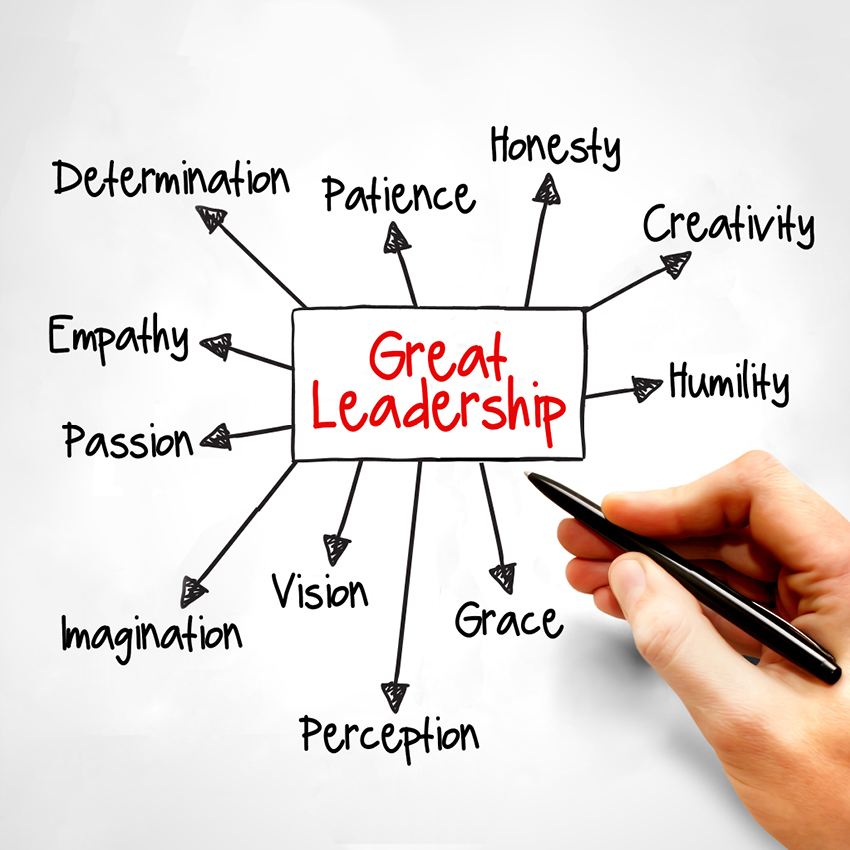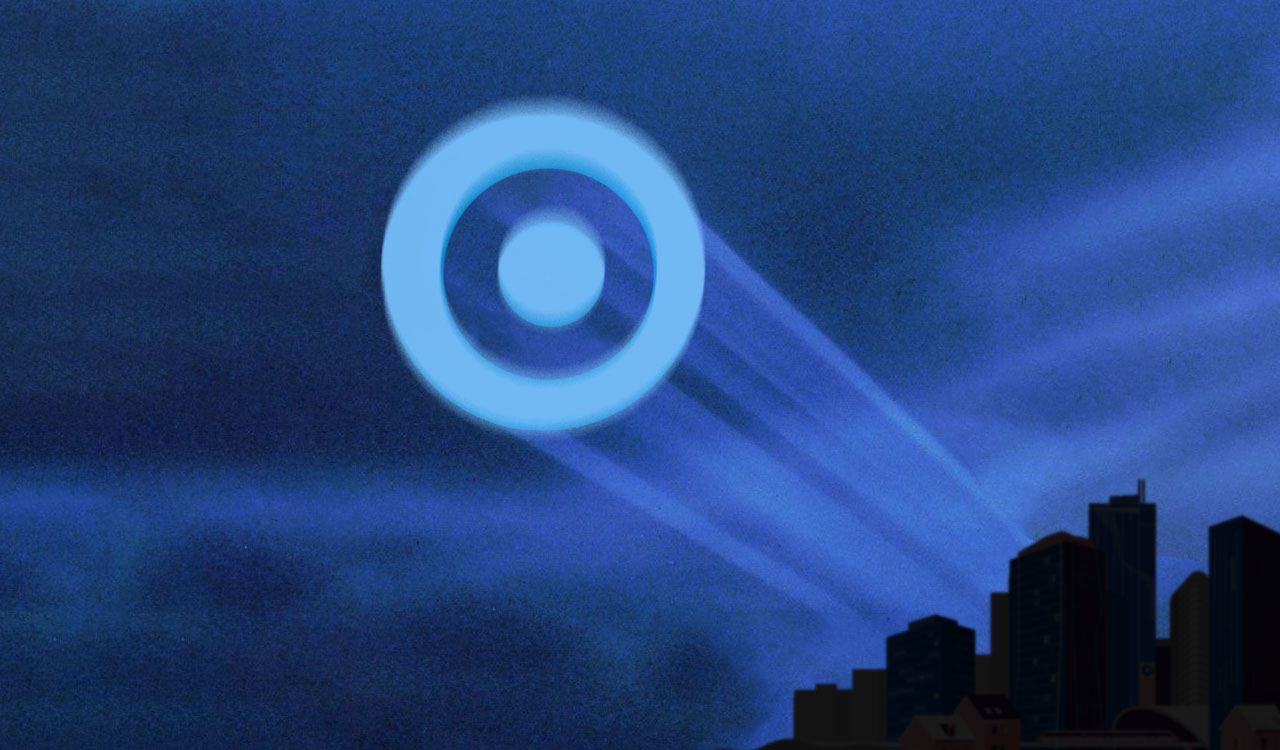There are a multitude of leaders around the world, by title only. There is a scarcity of great leaders. The same applies in the retail ecosystem. The United States has been the de facto leader of the \”free world\” since the end of WWII. However, we are arguably witnessing its demise in real time (some would say over the last three years). In title only, we have a leader, but in my opinion, he is the opposite of \”great,\” and in many ways endangering the country. However, this article is not about politics and the performance of our current President. It\’s about great leadership, what defines it, and how one becomes not just a leader, but a great one.
Note to leaders: The only ones who decide whether a leader is great or not are their followers. And there are three principles that leaders must instill in every one of their followers to ascend to the level of great: hope, inspiration and trust.
Unfortunately, there is no course on \”Great Leadership 101.\” There are no \”Ten steps to Becoming a Great Leader.\” Even within the greatest armed forces in the history of the world, there are thousands of officers by rank who are leading troops, but they are not necessarily great leaders. Those officers are trained in the profession of warfare and their military occupation specialty (MOS). Their careers are specialty-specific, educated to lead squads, platoons, battalions, divisions, wings, fleets, etc. They move up in rank commensurate with their experience and measured ability to lead larger units. Eventually, a small number of them achieve a flag rank: generals, admirals, etc. However, not all of them could be considered great leaders. General Patton was a great leader in WWII, and more recently General Mattis in more recent Mideast wars.
The Peter Principle
In our totally different profession within the retail ecosystem, leaders move up in rankings until the very few become CEOs. Traditionally, the promotion process is similar to the military. Entering at a junior level, retail employees learn the profession, and as they perform well, they are promoted to successively higher titles, leading ever-larger teams. Those few who achieve C-level ranking and ultimately the CEO title, find themselves leading large corporations and businesses. But that does not mean they are great leaders. In some cases, they are downright terrible leaders. There\’s a popular phrase used to track the careers of terrible CEOs: \”So and so just continues to fail upward,\” meaning once a CEO, always a CEO. They fail upward as CEO in company A, usually dragging it down as they get fired or leave to attaining an even larger CEO position in company B, which they ultimately drag under, and so forth. I will defer mentioning names. My purpose is to help define great leadership.
One other thing about leadership: A particular CEO or general may be the smartest person in the room but that does not necessarily mean that he or she is a great leader.
What Defines a Great Leader?
I am definitely not an expert in leadership. There are many studious and credible experts in the space. But I\’ve been around long enough, and worked for enough major business leaders both big and small, as well as having served as a Captain in the Marine Corps. So, I\’ve observed enough great, and average-to- poor leaders, that I think I can take a reasonable stab at defining great leadership and how a human being achieves it.
Note to leaders: The only ones who decide whether a leader is great or not are their followers. And there are three principles that leaders must instill in every one of their followers to ascend to the level of great.
Hope, Inspiration, Trust
Every leader\’s followers must have the hope that their leader knows both the problems and the opportunities, can explain both and then offer strategies to solve and leverage both. Followers must be inspired to buy into their leader\’s vision and clear narrative as to how they, together, will solve problems to turn them into opportunities. And finally, followers must fully trust their leader.
How Does a Leader Become a Great Leader?
Leadership training is well established and ubiquitous, but that doesn\’t guarantee a great leader. There are the chosen few who are born with great leadership capability embedded in their DNA. Most great leaders, however, are the result of a combination of nature and nurture. Great leaders share different degrees of empathy, humility, honesty, passion, vision, imagination, creativity, perception, determination, patience and grace.
And by the way, for all of you history buffs, General Patton was viewed by many as a tyrannical leader. But those who studied his leadership in WWII believed there was more to his questionable behavior of bellowing, swearing, criticizing softness and dressing down the troops who were not performing. He had all of the above characteristics in spades – granted some stronger than others. His troops loved him, revered him and followed him into some of the worst battles in the war.
A Message for All of Us in this Time
My point is this: Where are the voices of the great retail leaders? Where can we find their inspirational messages to their employees that gives them hope and trust? Has retail become a transactional business culture that has neglected the three principles of trust, inspiration and hope? And I would add, with the investor relations limitations of what retail leaders can share publicly, have our leaders become syphers of impersonal jargon? These are tough times for our industry. Maybe defining moments. Search any major retail site to see how CEOs are addressing the existential crisis we are all facing. Who stands out? Who provides hope, inspiration and trust?
One example of great leadership caught my eye on Good Friday; it was a letter from Gary Friedman, CEO of RH to his entire organization. I felt this letter deserved a shout out. And the message should be a lesson for all of us. Running a business is leading a community of people dedicated to a shared goal and vision. And that transcends the transactional. Empathy and humanity, I believe, are what will lead us out of this dark time.
Team RH,
On this day of resurrection, let us reflect on the message of rising once again, and spreading hope around the world for a better day, a better way.
Let this be the pivot point post the difficult decisions and dark days of this past week, where we once again rise up and shine our lights, illuminating a path towards hope, inspiration and love that will ignite the human spirit inside and outside our organization.
It is not a time to shrink and shelter, it is a time to expand and shine. It is not a time to revert back to old ways and former days, it is a time to reimagine new ways and brighter days. It is not a time to retreat and do less, it is a time to advance and do more with less. It is not a time to be victims of our current reality, it is a time to be visionaries, destroying today\’s reality to create tomorrow\’s future.
Let this be a time we look back upon and remember our resurrection. A time we reimagined and reinvented ourselves once again. A time we unleashed the greatest display of innovation this world has even seen.
A time we once again, become Unimaginable.
This is a time to be defined by our vision, not by a virus.
Carpe Diem,
Gary
I also think Gary has all of the characteristics of a great leader. There are many great leaders across the retail ecosystem, both past and present. Now, more than ever, we need more and greater.




